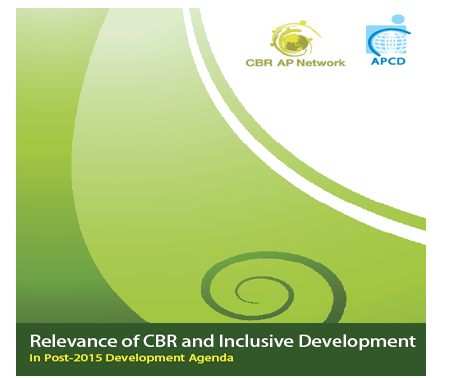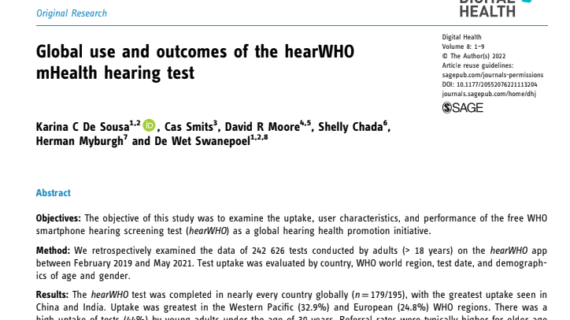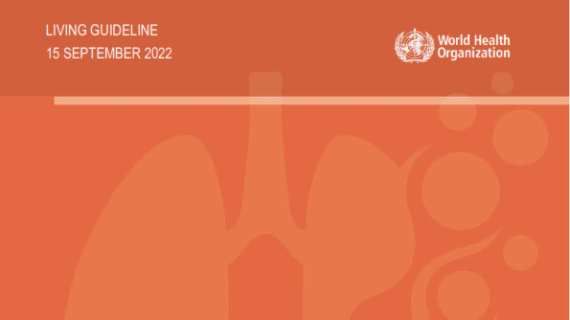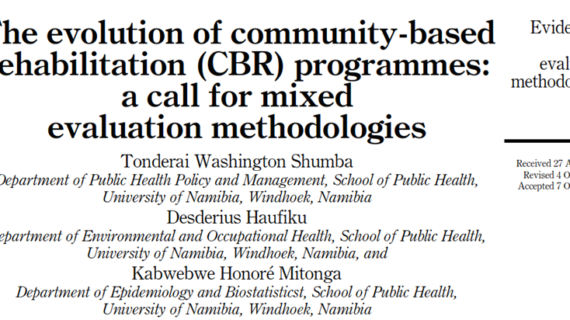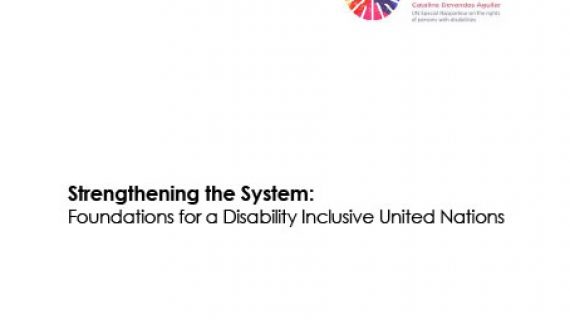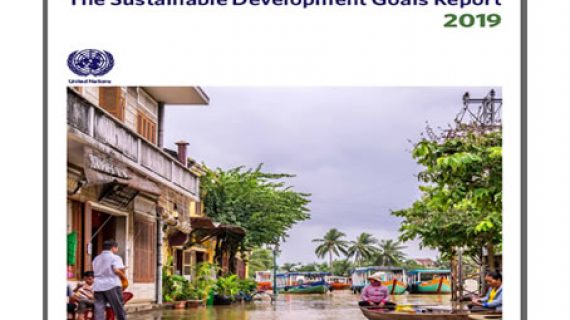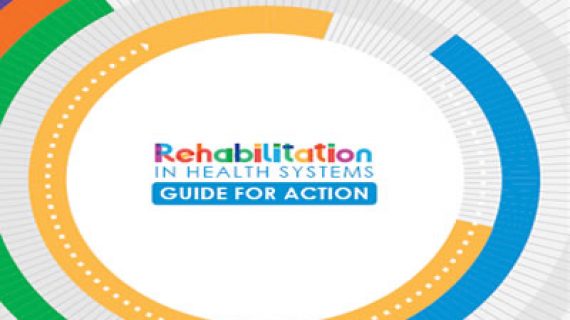Relevance of CBR and Inclusive Development in Post-2015 Development Agenda
In April 2013, the United Nations (UN) and partners world-wide including governments, international organisations and civil society groups observed the 1,000 day mark to the 2015 target year of the Millennium Development Goals (MDGs). There are calls to build momentum to close gaps and accelerate progress on MDGs targets; and consultations are on to evolve the post-2015 development agenda.
The 2012 MDGs Report shows some impressive achievements: extreme poverty has reduced in every region; more people have access to improved sources of drinking water; there are improvements in the lives of poor people living in slums in the developing world; there is parity between girls and boys in primary education; enrollment rates of children in primary schools has risen; the number of under-five deaths has fallen; incidence of malaria and tuberculosis has declined; and there is increasing access to treatment for persons with HIV/AIDS.
Despite progress, many grave challenges remain, related to hunger, maternal mortality, gender equality, access to safe water in rural areas and the increasing number of people living in slums. The MDGs, a major international initiative towards inclusive development for the poor, had been criticized by stakeholders in the disability sector as the eight goals, their targets and indicators had not explicitly mentioned disability.
It was said that inclusion of persons with disabilities were inherent in all goals; but this has never been a satisfactory justification for disability advocates, activists and programme implementer; and over the last few years, efforts have been made (regional and global) to add disability specific targets and indicators to the MDGs, backed by the now famous quote from James Wolfensohn (2002), former President of the World Bank, that “Unless persons with disabilities are brought into the development mainstream, it will be impossible to cut poverty in half by 2015 or to give every girl and boy the chance to achieve a primary education by the same date which are key among the Millennium Development Goals agreed to by more than 180 world leaders at the UN Millennium Summit in September 2000.”

